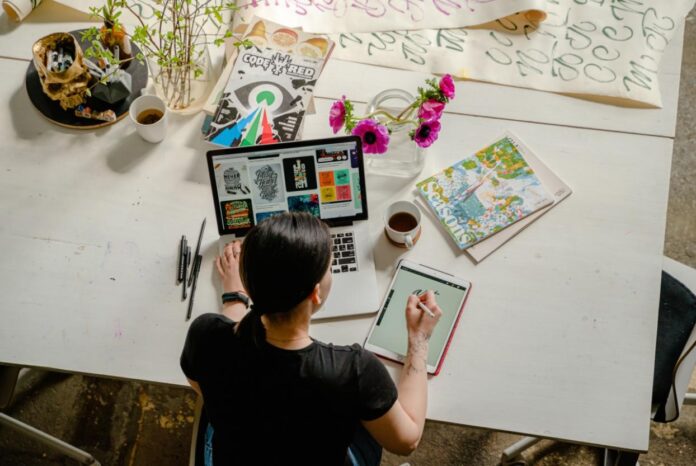To truly find oneself is one of the most valuable things a person can do throughout their life. For many, the journey to self-discovery often begins during one’s time as a student. These critical years of learning and exploration lay the foundation for the person we will eventually grow to become.
That is why it is of critical importance for the education system to play its part in encouraging students on this path towards self-actualisation. There are many ways in which this encouragement can manifest in a student’s life while at school, and art is one of the most powerful of these.
Unfortunately, not every student has the opportunity to get an education in art from their teacher at school or university, but by saving time spent on studying by seeking help with my uni assignments, students can make more room for art in their lives. With the right writing assignment help, you can dedicate more of your precious time as a student to exploring the advantages of art! Here are the top reasons why art is important to help students find themselves.
Improves overall learning skills
One of the most impressive answers to the question of how does art help students is its cognitive benefits. Focusing on art is shown to be able to improve students’ concentration, focus, and hand-eye coordination. All of these added cognitive benefits contribute to an overall better education across the spectrum of subjects.
Builds social connections
Being taught art is often a great way to connect with others. Creating alongside others teaches valuable communication skills and offers a lesson in empathy. Having the opportunity to study art gives students the chance to develop their interpersonal communication skills and learn how to fully express themselves.
Brings out creativity
Creativity is an incredibly important skill to be able to manifest across all areas of life. A well-developed sense of creativity is one of the most powerful tools there is when it comes to being a good problem solver. Studying art naturally develops a student’s creative thinking, which they canteen learn to adapt and implement across all areas of their life.
Encourages exploration
Finding one’s true self requires exploration and sometimes means needing to take risks. Luckily, trying one’s hand at art teaches this very skill. By learning how to take risks and experiment with new methods of self-expression in an artistic setting, students become more used to the idea of experimentation. And as it’s no secret that the student years are among the best for trying new things and exploring your passions, studying art is one of the best ways to encourage this.
Fosters confidence
Finding yourself requires confidence. It’s not always easy to try new, unfamiliar things or be around new people. But creating art requires getting in touch with oneself, and this is a highly effective path for building a true sense of inner confidence. By developing confidence in their own ability to create and to express themselves, students can then manifest this confidence in other areas of life – both academic and beyond.
Focuses on growth
There is no such thing as the perfect artist. Developing artistic skills and trying out different styles is an ongoing process of change, improvement, and exploration. The same largely applies to finding yourself. Finding your true self is a lifelong process that should never be assumed to be complete. By studying art, students learn to view their growth and development as an ongoing process and then reapply this realisation to their overall personal growth. In this sense, studying art indeed lays down a framework for growth that students can apply across their entire lives.
With all these benefits to be garnered, it’s clear why is art important and that there’s no reason why any student should be denied the opportunity to access art throughout their school years. Art, no matter what format it is, is something that every student should be able to enjoy and use as an instrument in the path to finding themselves.

























